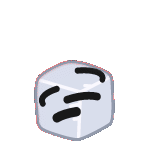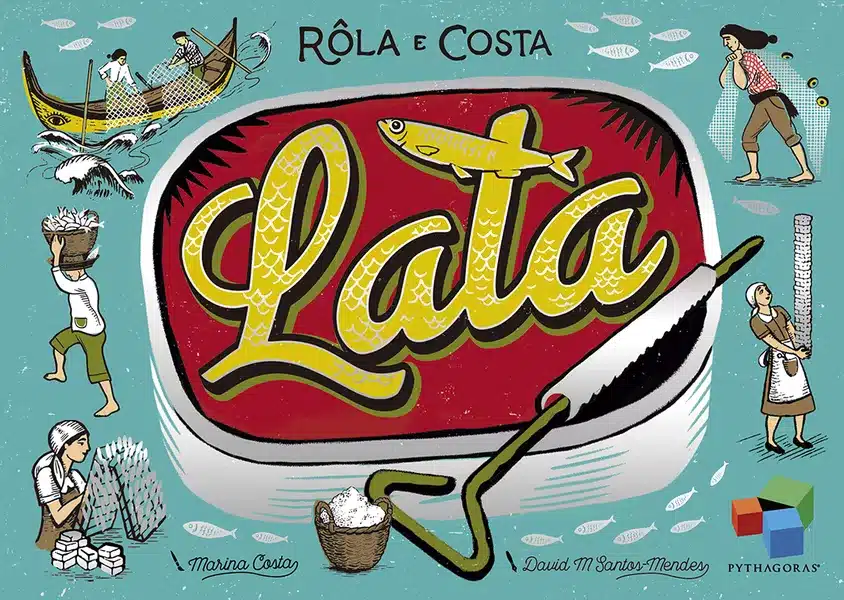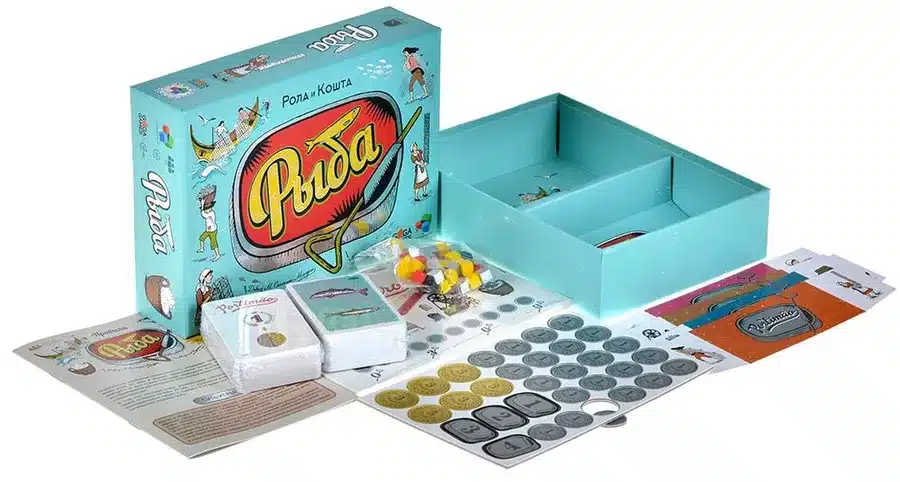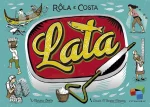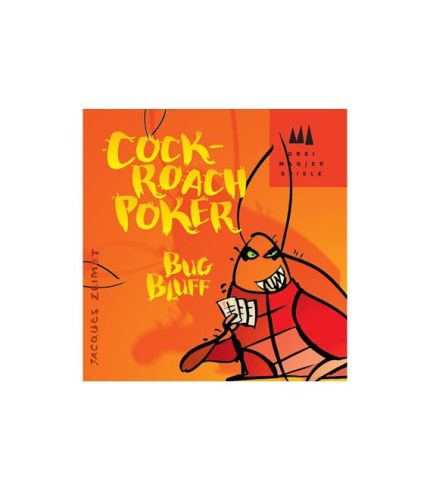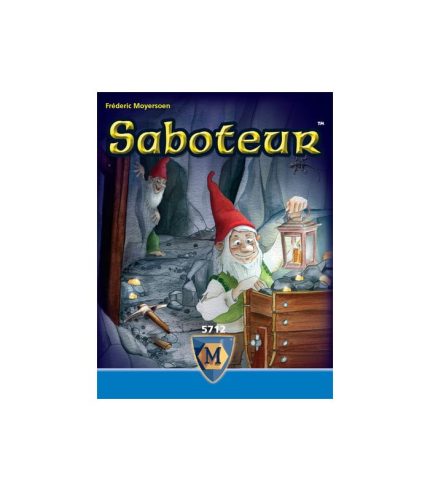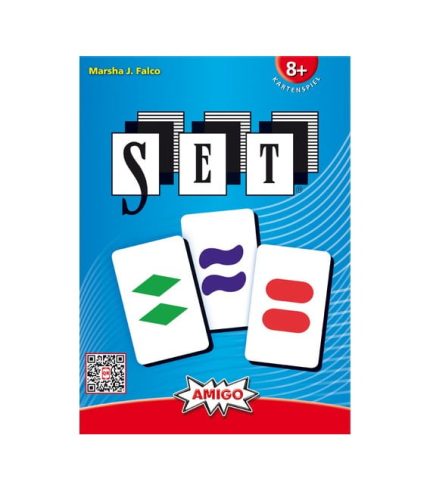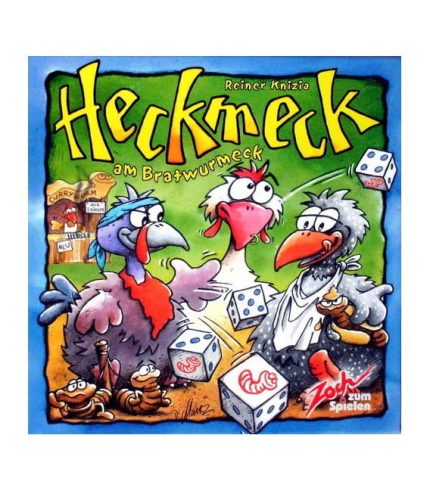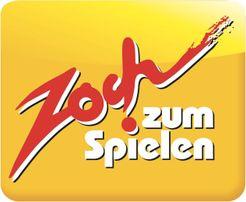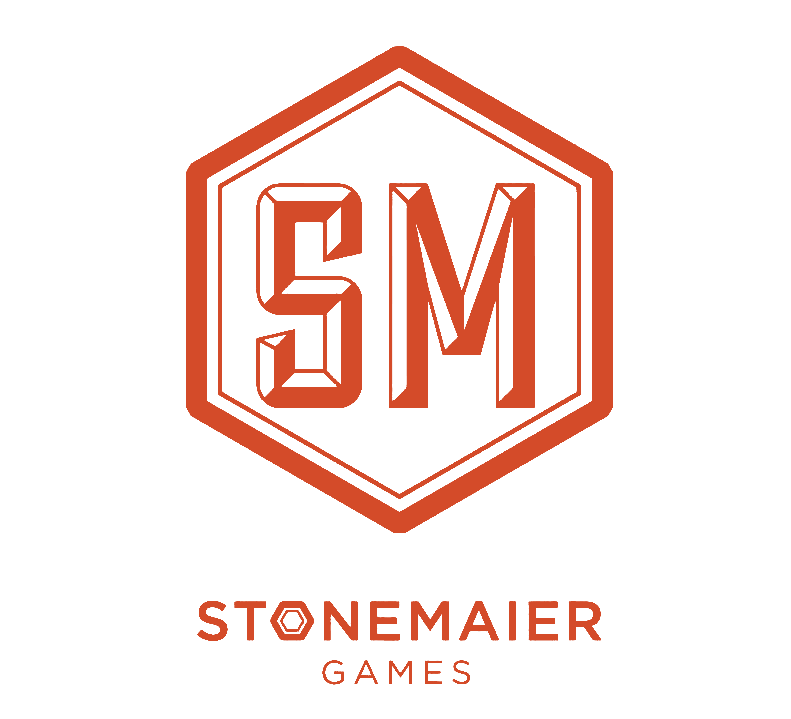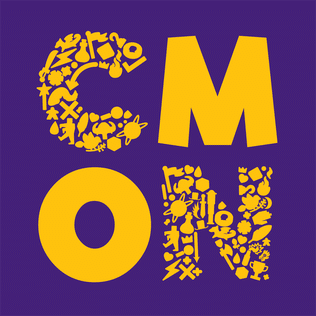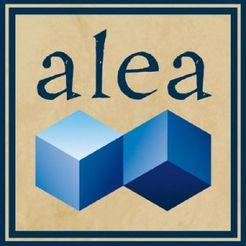صنعت کنسرو پرتغال در طول قرن بیستم توسعه یافت و دورههایی از شکوه و عظمت و اهمیت فوقالعاده در بافت اجتماعی جوامع نزدیک به مراکز ماهیگیری را پشت سر گذاشت. پس از رشد عظیم ناشی از عرضه بیشمار نیرو در اروپا که جنگ جهانی دوم به ارمغان آورد، صنعت با تثبیت کیفیت محصولات و ایجاد بازارهای خارج از کشور، دورهای از ثبات را پشت سر گذاشت.
لاتا (“قلع قوطی” در انگلیسی) نام ماده اولیه ظروف است که ماهی در آن بسته بندی می شود و همچنین مشخص شد که نام محبوب این محصول است. در این بازی، بازیکنان در دهه 1950 شرکتهای کنسروسازی محلی را مدیریت میکنند و قبل از ظهور ماهی تن بسیار محبوب، کنسرو ساردین یا کنسرو ماهی خال مخالی، دو ماهی اصلی کنسرو شده در دهههای اول صنعت را تولید و به فروش میرسانند.
بازی در شش دور برگزار می شود. در هر دور، بازیکنان یک دسته ماهی، گوجه فرنگی یا روغن زیتون می خرند که سپس می توانند در کارخانه خود از آن استفاده کنند. این کنسروها سپس به بازارها فروخته خواهند شد. این عملیات منجر به پولی می شود که برای خرید کارت امتیازی و افزایش ظرفیت تولید کارخانه استفاده می شود.
ترتیب انتخاب هر دسته از مواد خام توسط حراجی از امتیازات اکشن که بازیکنان مخفیانه با کشیدن دیسک خود به سمت چپ در مسیر اکشن تابلوی شخصی خود به دست میآورند، داده میشود. هر کس فرصت های بیشتری را برای عمل رها کند، بهترین گزینه را انتخاب می کند، اما واضح است که داشتن امکانات بیشتر برای عمل برای تولید بیشتر و رسیدن به بهترین بازارها حیاتی است!
بازیکنی که بیشترین امتیاز پیروزی (VP) را که در پایان بازی توسط کارت امتیازی به آن تعلق می گیرد، برنده می شود.
لاتا دومین بازی در “مجموعه کویناس” است که پس از موفقیت کافه، اولین بازی در این خط بود.
